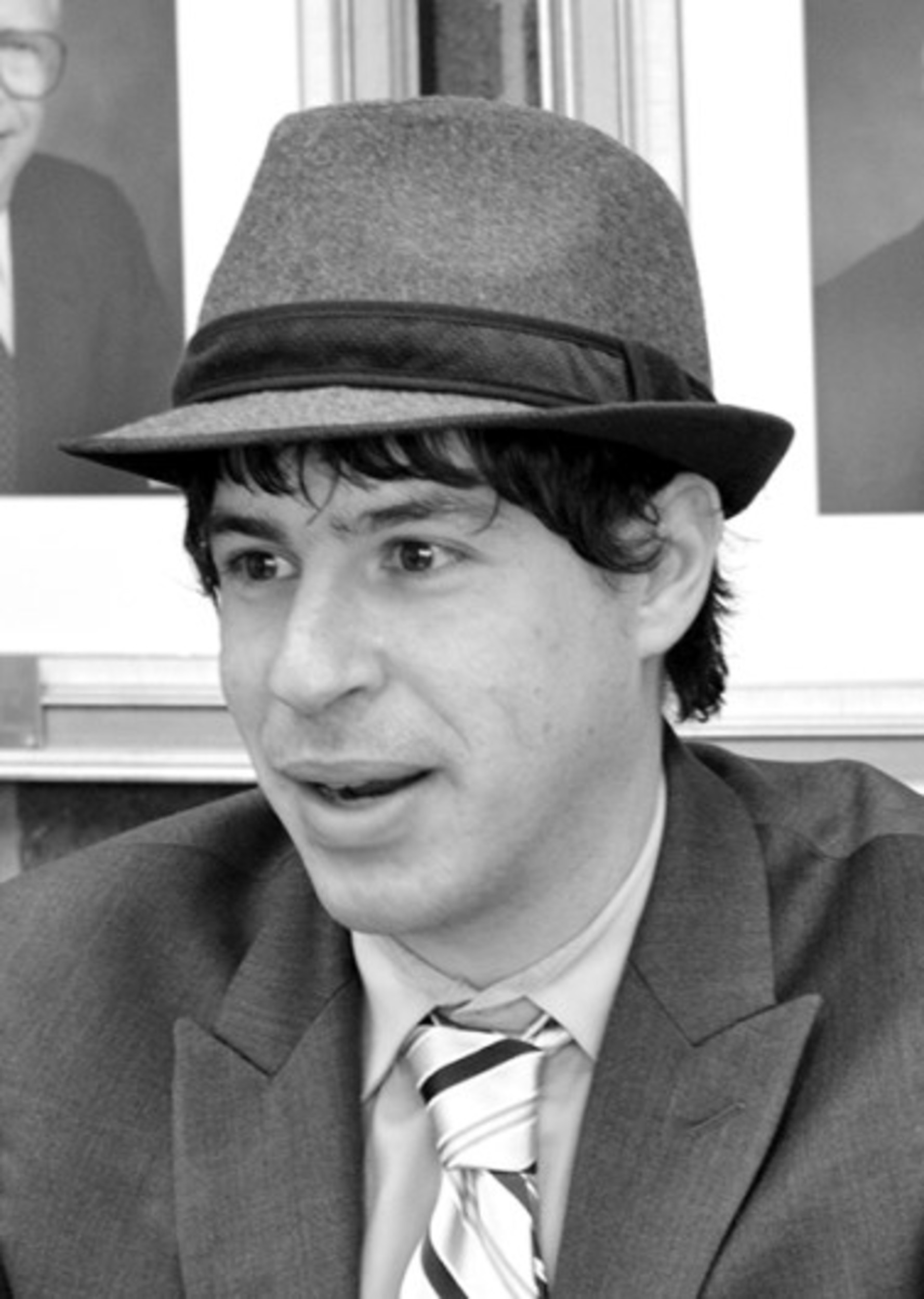Consider a blessing for the COVID-19 vaccine
“Be sure to follow the behaviors which the wise doctors prescribe, for walking in the light of their words is also our religious duty, thus upholding life in this physical world to be good and do good (l’tov u’lemeitiv).” (Rabbi Yisrael Salanter, Ohr Yisrael, Letter 22).
Rabbi Yisrael Salanter, innovator of a movement to emphasize the ethical and behavioral dimensions of Judaism known as the Mussar movement, wrote these words in a letter as a direct response to the cholera epidemic of 1848. While the notion that good medical advice is also good religious advice may sound innovative, his words should be seen as classic rabbinic commentary in the context of the commandment to “guard our lives very carefully” (Deuteronomy 4:15).
What emerges from this worldview is the beginning of a spiritual approach that fights against the numbness and nihilism of our present moment. First, a word on one shared human problem for this moment. While the pandemic has been accompanied by acute problems, death and illness, financial turmoil, the racial and socioeconomic disparity of its effects, and all the rest, the physical isolation of it all is perhaps the most ubiquitous and distinctly anathema to the human condition.
As evolutionary sociologist Nicholas Christakis has demonstrated exhaustively in his book, “Blueprint: The Evolutionary Origins of a Good Society,” the features shared by all human societies – what he’s termed the “social suite” – are a result of the fact that all humans have evolved as members of groups; human beings, even the introverts among us, are social creatures down to the very genes. Collectively, our societies are designed to be just that, societies, not mere collections of individuals. In this context, online ordering, faceless interactions, and accentuated trends of a technological society, while convenient, cost-effective, safer and scalable, are also alienating, maddening and violent. They lash out against our basic need, evolved and shared, to see and be seen. A stimulus check from the government might help the bank account, but without the interaction of a smiling banker who knows your name and shares your neighborhood, it won’t feel right.
What can be done? How do we shake feeling, to different extents but unfortunately shared, that we’re alone? Fundamentally, the spiritual orientation advocated by Rabbi Yisrael Salanter is based on integration and transcendence. Integration – that science and religion are not distinct. Just as vaccine researchers seek, efficiently and systematically, to produce efficacious vaccines to end the suffering, our religious tradition places the protection and enhancement of human well-being as its animating principle. This is what it means to be a partner in God’s ongoing creation. Transcendence – l’tov u’lemeitiv, to do good and be good. Connection to our community, to our people, and ultimately to God, is a core aim of religious practice. In various places throughout the liturgy, God is referred to and defined as Chei Ha’olamim – Lifegiver of the worlds. Relating to God in this way, as the animating life force of all that is, relieves stress and dulls pain by diffusing it in a large context, but centrally it provides deep meaning, purpose and resilience that come from transcending the self.
All of it is nice, in theory, but it’s the practice, not reading it in the paper, that makes it real. The Talmud, expanding on the Mishna, rules that one should recite a blessing on occurrences that are exceedingly bad and exceedingly good. Let’s focus on the good. For things that are good for a particular individual, shechechyanu, gratitude and praise for making it to this time in life, is the name of the game. But for things that are good both for oneself and others, the Talmud mandates the blessing “hatov v’hameitiv, Who is good and does good.” “Good – for oneself. Does Good – for others” (Talmud Berachot 59b).
While there’s been rabbinic debate about which of these blessings is appropriate upon receiving one of the COVID-19 vaccines, we can definitely bring some of Rabbi Salanter’s sensibility of integration into our lives by making a blessing upon receiving the vaccine. In keeping with our tradition, the palpable relief and emotional release can help us express and even find catharsis in a bracha of praise before the Creator of the world. To me, it seems clears that the blessing hatov v’hameitiv fits well. A vaccine is good for the recipient, providing them needed immunity, while it is the very definition of good for others; herd immunity, collective action and eradication for all who dwell on earth, is the principal benefit. Crucially, these words, who is good and does good, are the very same words used by Rabbi Salanter in his letter.
When you have a chance to receive the vaccine, may it come soon, consider making it a spiritual practice and try reciting the blessing:
Baruch atah Adonai, Eloheinu Melech Haolam, Hatov v’hameitiv.
Blessed are You, Lord our God, King of the universe, Who is good and does good.
RABBI BARRY DOLINGER is rabbi of Congregation Beth Sholom in Providence and the president of the Board of Rabbis of Greater Rhode Island.








